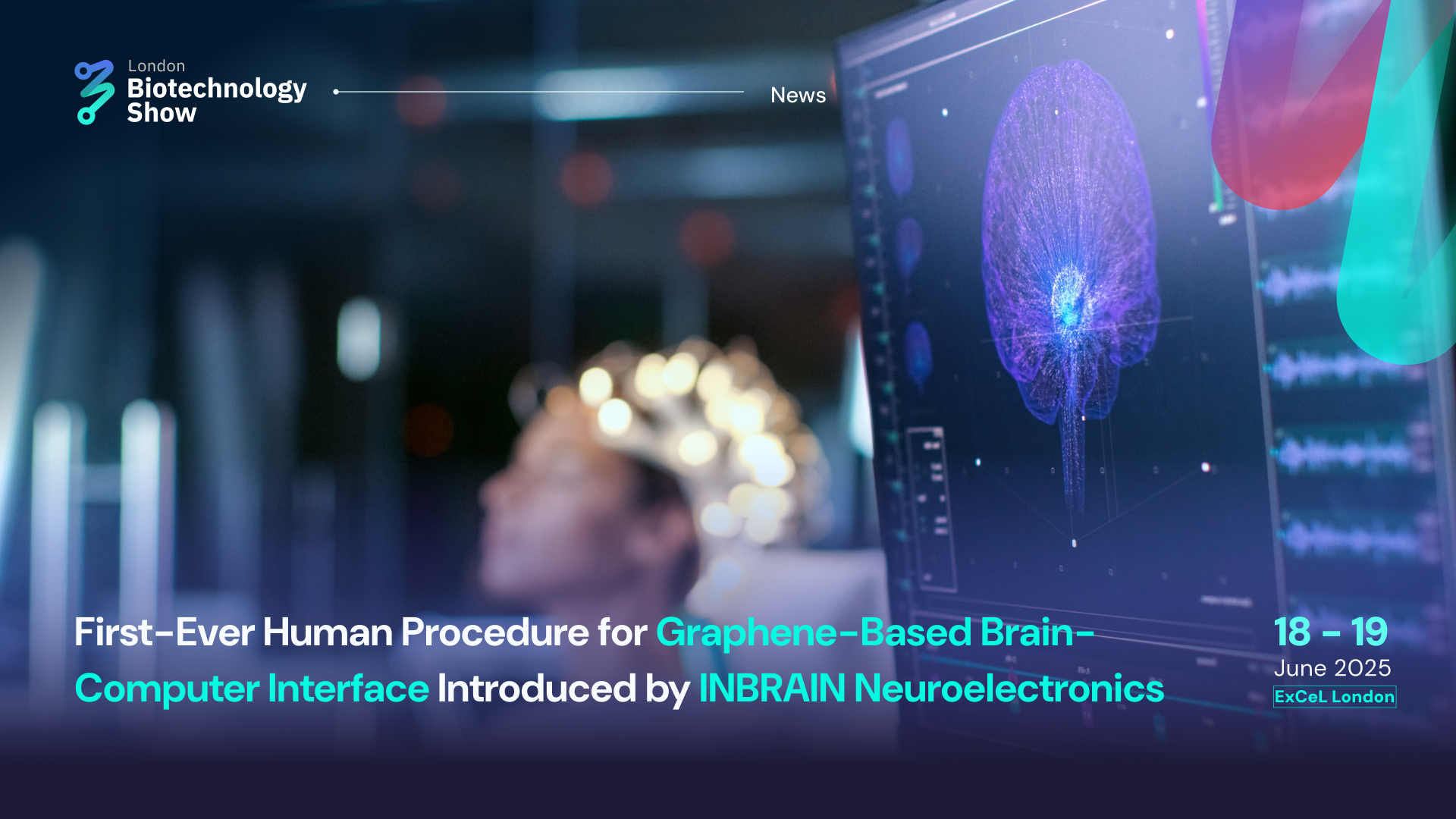September 28, 2024: INBRAIN Neuroelectronics is a brain-computer interface therapeutics (BCI-Tx) specialising in graphene-based technologies, has announced the successful completion of the world’s first human procedure of its cortical interface performed on a patient undergoing brain tumour resection involving a graphene-based Brain-Computer Interface (BCI). This innovative technology aims to enhance communication between the brain and external devices, offering potential advancements in neurological therapies and cognitive enhancement.
The procedure marks a significant milestone in the development of BCIs, utilising graphene’s unique properties to improve signal clarity and device performance. Researchers believe that this breakthrough could lead to more effective treatments for neurological conditions and greater accessibility for users.
The team at INBRAIN is excited about the implications of this technology, which could revolutionise how we interact with machines and assist those with disabilities. The successful application of this graphene-based interface highlights the potential for future innovations in neurotechnology.
In an official statement shared on the company's social media platform (LinkedIn), Carolina Aguilar, CEO and Co-Founder of INBRAIN Neuroelectronics, remarked “The world’s first human application of a graphene-based BCI highlights the transformative impact of graphene-based neural technologies in medicine. This clinical milestone opens a new era for BCI technology, paving the way for advancements in both neural decoding and its application as a therapeutic intervention,”
This groundbreaking procedure not only demonstrates the potential of graphene-based technology in enhancing brain-computer interfaces but also opens new avenues for innovative treatments during complex neurosurgical operations. As research continues, it could lead to significant advancements in both patient care and the development of next-generation neurotechnologies.


